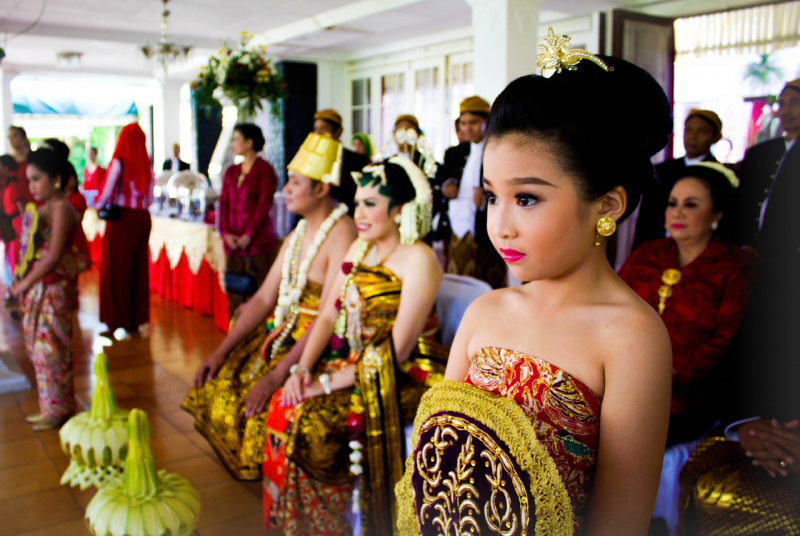Nangchang or Chessian refers to the formal engagement ceremony in Buddhist weddings.
Nangchang or Chessian refers to the poignant and ceremonious formal engagement ceremony within the expansive canvas of Buddhist culture. This ritual, characterized by its intricate traditions and profound symbolism, stands as a threshold—a transition from a promise to a commitment, a symbolic union of families and aspirations. As the couple stands on the cusp of this sacred occasion, surrounded by loved ones and steeped in centuries-old practices, the air is charged with anticipation and respect for the gravity of the moment.
Gift-giving, which frequently carries both monetary and symbolic significance, serves as a link between families and creates a bond that goes beyond the relationship between the couple. These gifts are full of blessings, symbolizing not only the best wishes of the attendees but also the ideals, principles, and peaceful intents that form the foundation of the union. The couple's engagement goes beyond a simple personal promise to include shared cultural beliefs, customs, and a dedication to one another.
The Nangchang or Chesian ritual captures the core of Buddhist culture's attitude to marriage. It illustrates the holistic view of love as a power that transcends a couple's romantic union. This ritual also embodies the compassion, appreciation, and the dedication to a joint quest for enlightenment.











